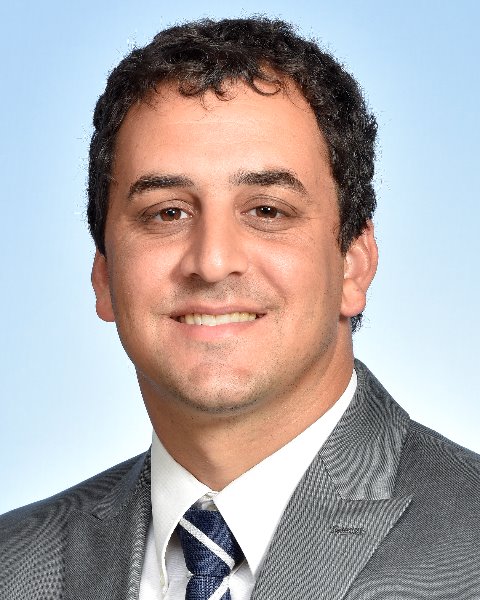Hepato-pancreato-biliary
E259: Prevalence of Pathogenic Variants on Pharmacogenomic Testing Prior to Initiation of Neoadjuvant Therapy in Patients with Pancreatic Adenocarcinoma

Britney Niemann, MD (she/her/hers)
Surgical Resident
West Virginia University
Morgantown, West Virginia, United States
Britney Niemann, MD (she/her/hers)
Surgical Resident
West Virginia University
Morgantown, West Virginia, United States
Britney Niemann, MD (she/her/hers)
Surgical Resident
West Virginia University
Morgantown, West Virginia, United States- YT
Yashan Thakkar, BS
Medical Student
West Virginia, United States - TM
Tara Matthews, RN
Registered Nurse
West Virginia University, United States - CH
Crystal Heise, BS, Pharm.D., BCACP, BCOP
Oncology Clinical Pharmacy Specialist
West Virginia University, United States - JK
Joanna Kolodney, MD
Medical Oncologist
West Virginia University, United States - PA
Prashanti Atluri, MD
Medical Oncologist
West Virginia University, United States - ND
Nour Daboul, MD
Medical Oncologist
West Virignia University, United States - CS
Carl Schmidt, MD, FACS
Professor and Chief of Division of Surgical Oncology
West Virginia University, United States 
Brian A. Boone, MD, FACS
Assistant Professor
Department of Surgery, West Virginia University
Morgantown, West Virginia, United States
ePoster Abstract Author(s)
Submitter(s)
Author(s)
FOLFIRINOX provides improved response rates and prolonged disease free and overall survival in pancreatic adenocarcinoma (PDAC) when compared to gemcitabine. However, tolerability is a frequent concern, in particular in the neoadjuvant setting where toxicity can delay potentially curative surgery. UDP-glucuronyltransferase (UGT) and dihydropyrimidine dehydrogenase (DPD) are important enzymes involved in the metabolism of FOLFIRINOX agents, specifically irinotecan and 5-fluorouracil, respectively. Polymorphisms in the genes encoding these enzymes, UGT1A1 and DPYD, are associated with increased adverse effects including intestinal toxicity and neutropenia. Large population studies have demonstrated 4% of individuals harbor a DPYD mutation while 10% carry a UGT1A1 variant. Limited data is available regarding the frequency of pharmacogenomic alterations in an Appalachian patient population.
Methods:
A retrospective chart review of PDAC patients at a single high-volume center in Appalachia was performed. All patients underwent routine PCR based pharmacogenomic testing prior to therapy initiation. Patients with pathogenic variations influencing FOLFIRINOX metabolism were treated with alternative therapy or at reduced doses. The prevalence of pathogenic variants in UGT1A1 (*6, *28) and DPYD (*2A, Asp949Val, *13) was evaluated.
Results:
Pharmacogenomic testing was performed on 60 PDAC patients, of whom 37 were receiving neoadjuvant chemotherapy. Of the entire cohort, 7% were found to have a DPYD variant. Over half of patients harbored a UGT1A1 variant resulting in 38% with moderate UGT loss (heterozygous) and 15% with complete loss (homozygous). Interestingly, all the UGT1A1 variants were UGT1A1*28. Of patients undergoing neoadjuvant treatment, 61% had a UGT1A1 variant and 8% a DPYD variant.
Conclusions:
A significant number of PDAC patients undergoing neoadjuvant therapy have pharmacogenomic alterations limiting their ability to tolerate FOLFIRINOX. This study found a marked increase in pathogenic variants in Appalachian patients compared to large population studies. These findings have important implications for treatment dosing, duration and surgical timing, as poor tolerance could potentially jeopardize the opportunity for surgical resection.Further studies are needed to assess the impact of dose modifications based on pharmacogenomic testing on tolerability, treatment response and cancer-related outcomes in PDAC.
Learning Objectives:
- Define factors that contribute to chemotherapy tolerability.
- Discuss the prevalence of enzymatic abnormalities impacting chemotherapy metabolism in the general population.
- Describe the impact of chemotherapy toxicity in the outcomes of pancreatic cancer patients.
